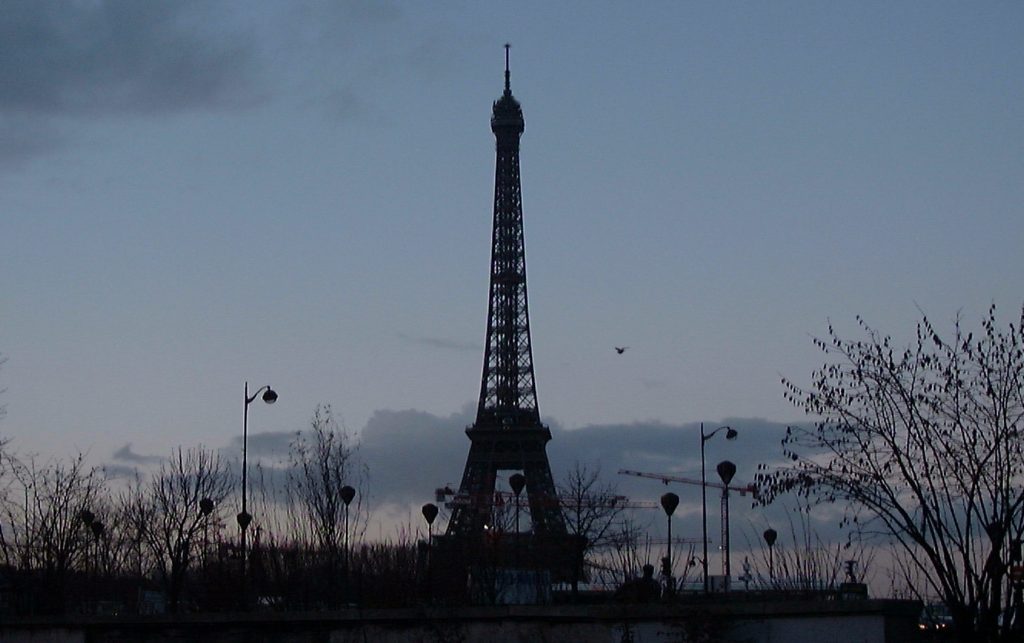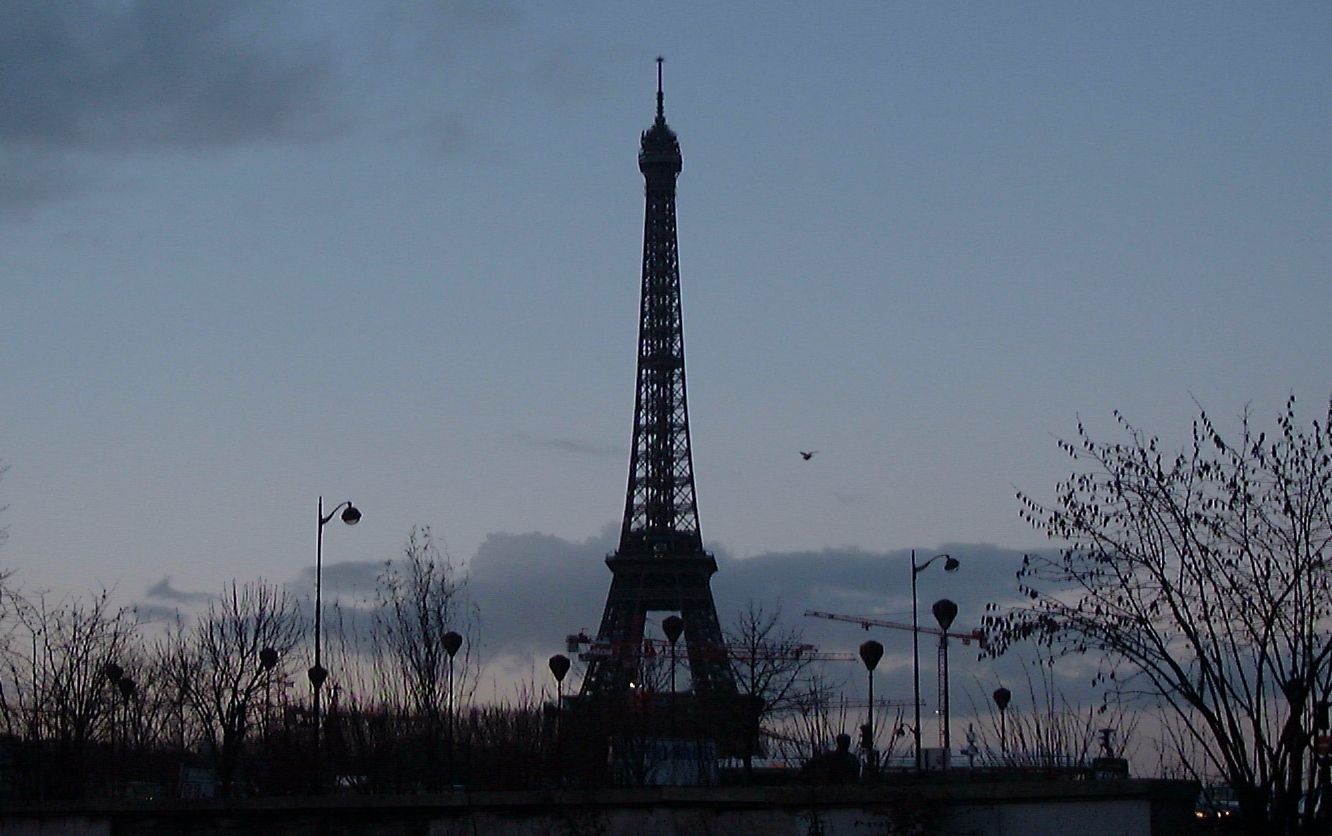One Year to Paris: World Politics Drive 2024 Concerns
The Summer Olympics are back.
Expect that to be the message as Paris marks one year to go until the 2024 Games.
IOC Pres. Thomas Bach and leaders of a dozen national Olympic committees from around the globe will celebrate the day Wednesday at Paris 2024 headquarters. They are gathering for the official invitation for the athletes of the world to come compete in Paris.

Bach and colleagues have reason to be joyful about Paris. This will be the first time since 2016 for a Summer Games to be held without the crushing rules and regimentation of the Covid 19 crisis. These Olympics are supposed to mark a return to noisy crowds and full venues that were forbidden under Covid rules.
But they also are the first Olympics in Europe to be held while three of its nations engage in bloody warfare. The Olympics stopped for World War I and World War II. No one has suggested Paris do likewise.
Against the uncomfortable backdrop of an unprovoked war against Ukraine by Russia and its ally Belarus, leaders of the IOC and Paris 2024 will publicly assure everyone that the Games are in good shape and ready to make the most of the 12 months known as the delivery phase.
Economy, Not Excess
Compared to some previous Summer Games, Bach and friends would be correct. No one is worrying if venues will be ready on time. Nor is anyone worrying about cost overruns for giant projects, because organizers have used existing facilities.
Indeed, Paris may be the Olympics that proves the IOC has succeeded in turning the Summer Games in a new direction. Sustainability is the overall driver with the objective to cut costs and complexity (and IOC demands) for host cities.
Bach is the driving force behind the reforms known as Olympic Agenda 2020. They were adopted unanimously by the IOC soon after he took office 10 years ago. Another supplemental group of changes was adopted in 2020, covering the last five years of his mandate.
“Change or be changed” has been Bach’s refrain as he shepherded reforms at the IOC and their implementation at two organizing committees, Paris and Los Angeles 2028. Bach is hoping that 2024 and 2028 will be proof of the Olympics’ new direction.
“Economy not excess” is the right way to do it under the new IOC doctrine.
France Delivers Worry-Free Venues
There is no anxiety in Paris or Lausanne about venue construction snafus because there are no construction projects.
Expensive rail construction to reach the airport or to connect Olympic venues? Not needed. The Paris transit system is one of the world’s best. In fact, organizers are so confident in the public transit system that the customary bus service to venues for the media will not be organized. That alone will save millions.
Competition will be staged at world-famous landmarks that were there before the Games were envisioned and will remain when they’re gone: beach volleyball at the Eiffel Tower, equestrian (already sold out) at Versailles, the marathon swim in a renewed River Seine. Marseilles already hosted the sailing test event earlier in July.
Wide Open Games
The slogan says it all — “Wide Open”.
Paris 2024 will celebrate the return of human contact with an opening ceremony that will fill the heart of the city. Hundreds of thousands of spectators are expected to line the banks of the Seine River where they can wave to the athletes of the world as they float by on barges.
These athletes — unlike those of the 2020 and 2022 Games — will be able to cheer back, as loudly as they want. They’ll feed off the energy of the crowds wishing them well.
The change will be striking — and welcome — after the eerie silence of Tokyo and Beijing.
France Delivers Stability
Along with the IOC president, Paris 2024 CEO Tony Estanguet will speak at Wednesday’s ceremony.
He brings to the job youth and experience as an Olympian. His leadership has been consistent from the start of the bid nearly 10 years ago. He has not been subject to political whims that have derailed leaders of preceding Olympics. Continuity has helped keep the organizing committee focused on their mission: Games ahead. A raid by police in June at the offices of the state company involved with Olympic preparations so far has not yielded serious concern about Games preparations. Estanguet and colleagues at the organizing committee are not involved in the inquiry.
The French government led by President Emmanuel Macron seems to be the one that will be in power as the Games approach. Protests and strikes have troubled France as Macron has tried to boost the age of retirement. There have been other protests spurred by the death of a teenager in police custody. The NoOlympics movement has an arm in France that may organize followers to enlist as volunteers and then fail to come to work. The ceremony Wednesday is set for the Paris 2024 offices in the suburb of St. Denis which should keep the event free from possible protester interruption.
Fog of War
But protests and volunteer saboteurs aside, the biggest existential threat for Paris will come from Russia’s aggression against Ukraine. The war and its consequences for athletes dominated the conversation last week when Bach spoke to world media in a roundtable organized to discuss Paris and one year to go.
Bach is committed to keeping the Games open to Russian and Belarussian athletes who have no ties to the military. They are able to compete as neutrals without national identity.
He is leaving it to individual sport federations to determine whether they will permit athletes from the two nations to enter qualification events for Paris 2024. The gymnastics federation said last week that it will allow Russian and Belarusian athletes who meet IOC requirements to try for Paris. (For anyone seeking further guidance, the IOC policy is detailed in a 10,000 word document updated earlier this month.
Whether Ukraine will accept the terms of engagement proposed by the IOC is not certain. Ukraine leaders and athletes are not too keen on going head-to-head with their invaders. In addition to the possibility of Ukraine staying home, it’s possible other nations might threaten to sit out the Games in solidarity.
Uncertainty seems to be the only thing that is certain as the Russian war against Ukraine drags on in year two. Maybe peace will come before the Olympics. Maybe conflict continues.
Olympic Truce Issues
Bach was careful last week when he responded to a question during the media roundtable about the Olympic Truce. The resolution is usually affirmed without any controversy by all member nations of the UN ahead of the next Olympic Games.
But Russia is now a two-time violator of the truce. First instance came at the end of the 2014 Olympics in Sochi when Russia annexed territory in the Crimean peninsula. The second was last year in the final days of the Beijing 2022 Winter Games when Russia launched its unprovoked war on Ukraine. Bach plans to be in New York in October to lobby for the truce. He says it will be up to France, as the host nation for the Olympics, to sponsor the resolution and lead the push for adoption.
No word yet on the Russian position on an Olympic Truce resolution, nor anything from Ukraine, which has the most to lose in bargaining with the two-time truce violator. Russia has been a signatory to every one adopted by the UN, including the two it blatantly ignored in 2014 and 2022. Whether that history will be part of the debate in October remains to be seen. Historically, no nation has been known to reject signing the resolution since the UN first adopted it in 1993.
Along with the Olympic Truce resolution, the coming months will bring constant developments as sports federations determine the eligibility of Russian and Belarusian athletes in Paris.
Ukraine sports leaders also will be watching for orders from their government, which may not follow the wishes of the IOC.
While sport is an important part of life for Ukraine, the fight for the country’s existence may be more important than fighting for medals in Paris.

